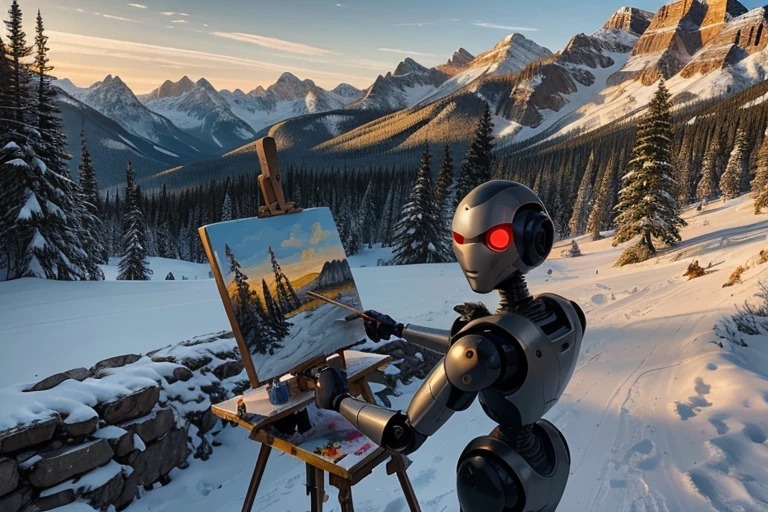Artificial Intelligence has been making waves in the creative field lately. From generating music to creating art, AI is flexing its creative powers like never before. But with great power comes great responsibility, right? In early 2023, Getty Images filed a lawsuit against an AI generator that was suspected of using unlicensed Getty Images pics to create AI images. While the resulting images don’t have any copyright, the photos used to make them had copyright licenses that weren’t followed. Even if you’re producing it from a source that you trust like Adobe, technically US law has ruled that no AI art can be copyrighted, so that’s not protective which raises some issues if you’re producing works for clients or at an organization.
While AI brings a whole new level of innovation and inspiration to the table, we can’t ignore the legal maze of copyright issues it drags along. But let’s not throw the baby out with the bathwater, right? With some thoughtful regulations and a sprinkle of creativity, we might just find a way to make AI and copyright play nice together in this ever-evolving creative landscape. As someone who has spent countless hours of my life scraping through stock photography sites that just don’t have the image I need while I just don’t have the budget for a photoshoot, it sure would be nice to just type in a prompt and get what I need. But that’s pretty shitty for the photographers, isn’t it?
There’s still a lot of questions. How does someone prove their art was used or that AI was even used at all? How do artists protect their work from being used to generate AI artwork? Does AI have to respect that when scraping our works that are out on the web? All of us are inspired by other works and find things that we incorporate in our own way into a project. We’re especially inspired by a lot of art through history. Is there a difference between that and AI using digital works available out in search engines and public websites to build their imagery? Is imitation still the greatest form of flattery if it’s done by a machine? It seems the courts have an opinion on that for now, but I doubt that’s the end of it.
